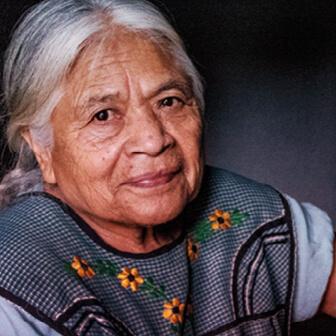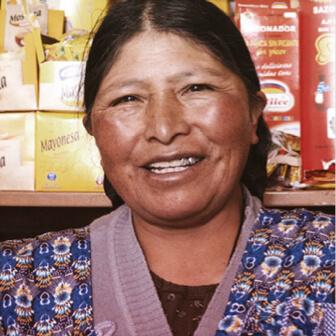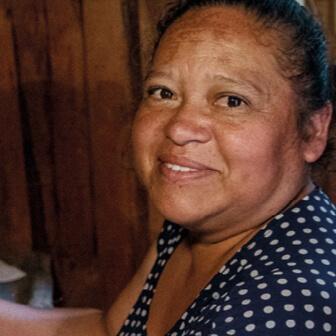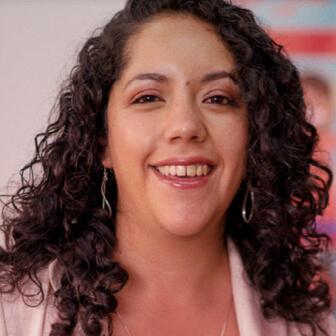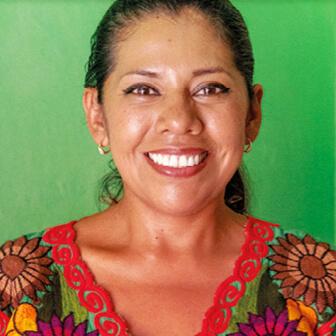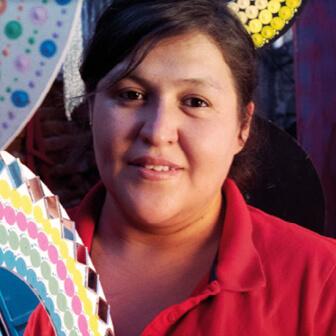A Lesson From the Field: 12 Months in Bolivia
23 abril, 2010
Voices from the Field
I arrived in La Paz approximately seven and a half months ago, eager to start my fellowship with Pro Mujer in Bolivia. I had been looking for an experience that spanned both the microfinance and health sectors, and Pro Mujer fit that profile perfectly. I was ready to learn all about the organization and its work.
While I have been working mostly in the central office in La Paz, I have had several opportunities to go out to the field. During my first weeks on the job, I visited a number of focal centers, where clients (mostly women) get together in groups, known as community banks, to receive microloans, make loan payments and receive basic business and health training. It was wonderful to observe these women in their meetings and during their training sessions, especially the groups that have been with Pro Mujer for more than ten years. I could immediately notice the difference. The veteran clients were more self-assured and outspoken; they managed bigger loans and discussed their businesses in more detail; they seemed truly empowered by the services that Pro Mujer had provided them.

More recently, I returned to the field to conduct several focus groups with clients in El Alto, with the goal of identifying their level of satisfaction with the organization’s current model of health service provision. Over the course of two weeks, I had discussions with eight different groups of women. Getting these normally reserved women to talk to me openly about what they think of Pro Mujer’s health services easily qualifies as one of the most rewarding and humbling experiences I have had so far. Many were grateful for the work Pro Mujer is doing. Some were demanding – requesting better coverage and a more ample gamma of health services. This shouldn’t be surprising. After all, it is Pro Mujer that teaches them to stand up for themselves, to make their needs known, to demand better service and treatment. At the end of one of the discussions, the women told me they felt comforted in my presence and asked me when I would come back to their center. At that moment I realized how sometimes the smallest, seemingly insignificant thing can have a big impact. For example, the fact that I was there asking them about their needs; the fact that I was there to listen, made a difference. That is the beauty of working in the field, where you can notice these subtle influences and differences, regardless of what data or impact studies show. Sometimes, objective data cannot capture the human factor.
I will miss the field work and this type of interaction when my fellowship comes to an end in July. Most of all, I will miss these women, their often hidden smiles, and their motivation to build a better life for themselves and for their families. And although I have learned a great deal about different aspects of Pro Mujer’s work, what I will take away first and foremost will be that the organization and each of its employees makes a difference in these women’s lives. That is sometimes easy to forget.
Denitza Andjelic is completing a year-long fellowship at Pro Mujer in Bolivia, as part of the Princeton in Latin America program. She has a Master’s in Public Affairs from Princeton University and hopes to continue working in the areas of health and economic development.
